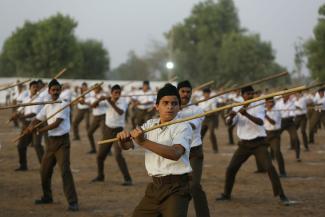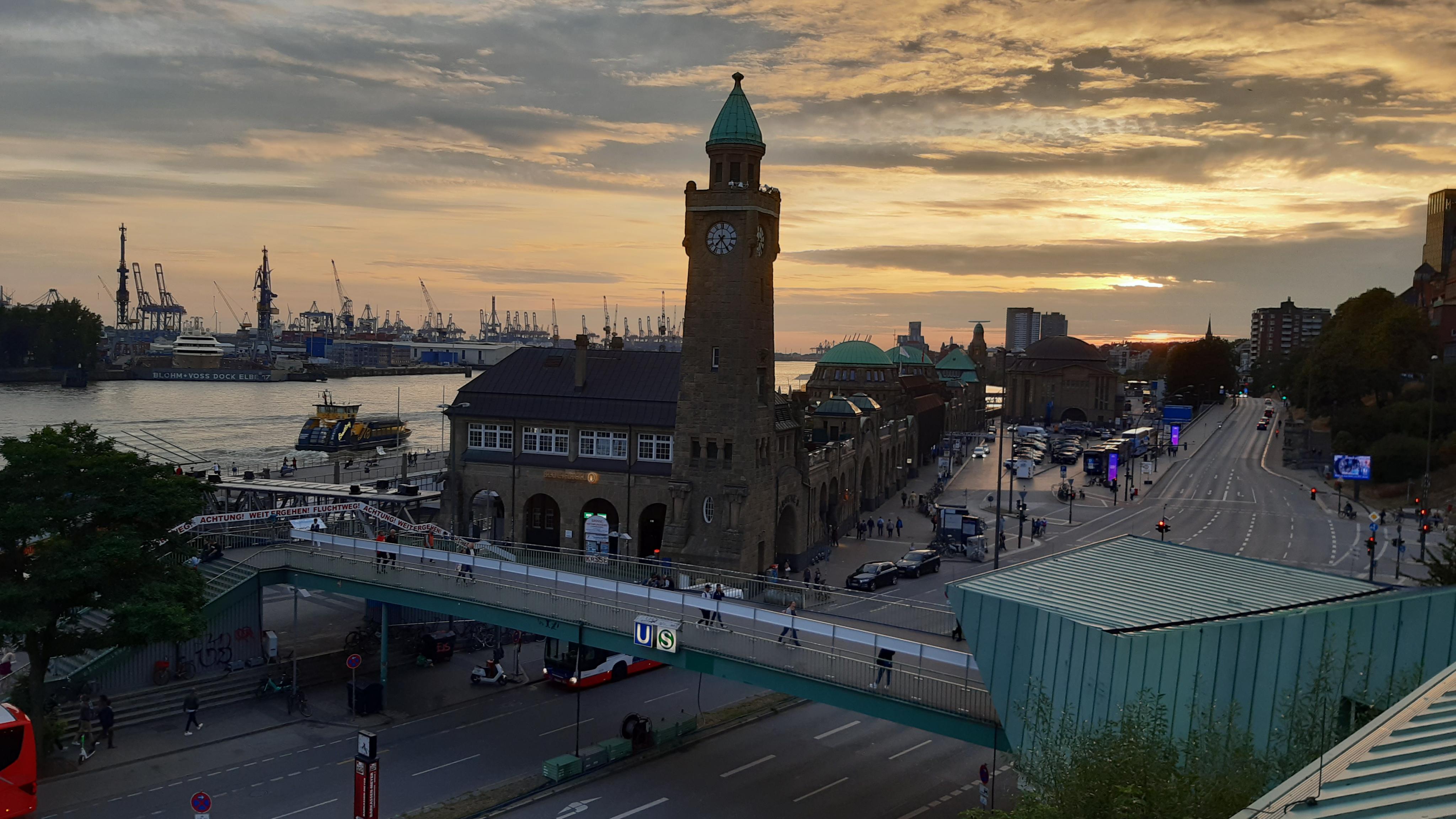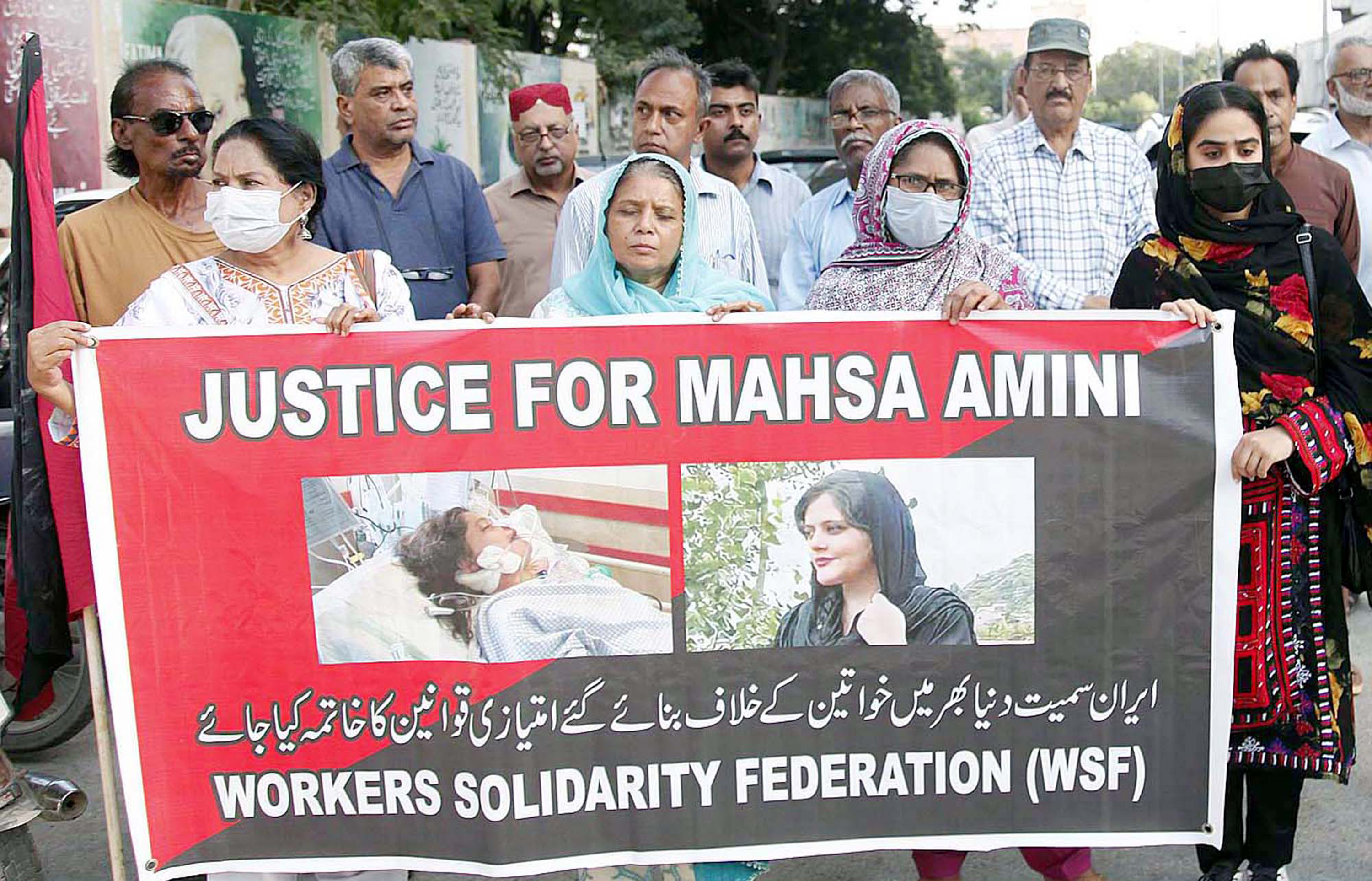Blog
Narendra Modi is a Hindu supremacist, not a reformer

International business media have been celebrating Modi as a liberaliser and reformer for many years. When he became prime minister after the general elections of 2014, they expected fast action would set free market-driven dynamism in India. Many foreign journalists fell for Modi’s campaign rhetoric. What they consistently failed to note is how deeply his populist roots are. He is, after all, the leader of the BJP, a party that belongs to a vast Hindu-supremacist network with an age-old agenda of Islamophobia.
International media liked to pretend that Modi was merely using the BJP and its vast network of supporting organisations. It did not occur to them that things were actually the other way around. Modi used business-friendly rhetoric to promote his Hindu supremacism. Five years later, observers who have been paying attention, should understand that.
In its special report, The Economist admits that Mr. Modi’s first five years in office proved “in many ways wasted opportunity”. It goes on to state that he “has seemed more intent on following another side of his character, consolidating personal control, punishing political foes and pursuing Hindu nationalist ideological goals”. Nonetheless, the author keeps reiterating the hope that Modi will finally opt for the first persona, but cannot avoid mentioning many reasons to expect the opposite. In view of the facts the report spells out, its headline “The two Modis” is misleading (https://www.economist.com/printedition/specialreports).
Modi propaganda
It is plainly not enough to acknowledge the many warning signs. The Economist is still downplaying many of those that were evident right from the start. For example, its only mentions that deadly riots that marked Modi’s tenure as chief minister of Gujarat in a single sentence: “Addressing concerns raised by his failure as chief minister of Gujarat to prevent a pogrom in 2002 that left 2000 people, mostly Muslims, dead, Mr. Modi declared that sabka saath – all together – would mean sabka vikas – development for all.” Obviously, 2000 dead deserve more attention than this.
Phrasing things this way serves Modi’s propaganda. He has always pretended that he could not do anything to stop the violence. That is absurd. He was the chief minister of the state and thus in control of its security forces. Moreover, he was a top leader of that state’s Hindu-supremacist network. The BJP is linked to the RSS, which has formal and informal ties to many other organisations that promote Hindu dominance. The RSS was originally modelled in the 1920s after Italy’s Fascists and was always driven by identity politics. Modi himself is an RSS apparatchik. If there is any political force in India that can moderate an aggressive Hindu mob, it is the RSS.
The RSS, however, has a long history of aggressive agitation. The man who murdered Mahatma Gandhi was inspired by its ideology. Some of its leaders, moreover, demanded the demolition of the Babri Mosque in Ayodhya in 1992 in order to build a Ram temple in its place, and a huge Hindu mob actually tore down the mosque in December, triggering riots not only all over India, but also in Pakistan and Bangladesh.
The Economist only mentions in passing that Modi rose through the ranks of the RSS and did not get much formal education. It should have spelled out that he is not only a creation of the RSS but was long considered one of its hardliners. The RSS ideology is about Hindu grievances, about subjugation under Muslim and Christian rule and about turning India into a Hindu-dominated world power. His mindset was obviously shaped by divisive identity politics, and hate crimes have increased since he came to power.
It is true that some Hindu extremists think that Modi should have done more to promote their cause as prime minister. I find it more important that he never disowned him. Moreover, he has been preparing the grounds for more radical action in the future by tightening his party’s grip on institutions. As the author K.S. Komireddi has aptly put it, India has become a “malevolent republic” under Modi.
I am sure that his intention was always to reinforce aggressive identity politics once the economy would slow down, which is exactly what is happening now. The Economist hopes the worsening economy will make Modi rediscover his reformer instincts. I wonder why the author believes he has such instincts in the first place. I think it is much more likely that Modi, as any leader with strong autocratic leanings, wants to exploit crisis to mobilise his base by hounding minorities and reinforcing divisions in society.
Increasingly aggressive stance
As Arfa Khanum Sherwani recently argued on our website, his stance is increasingly aggressive. Downgrading Muslim-majority Kashmir from a state with a special status to a mere union territory controlled by the national government is an affront that pleases the Hindu-supremacist base. Denying Muslim people in Assam citizenship simply because they lack proper documentation serves the same purpose. Policy measures of this kind are likely to trigger violence, and riots can spread throughout the nation and its neighbouring countries fast. Anyone who expects Modi to act in a more responsible manner than he did in Gujarat plainly disregarding history.
The Economist report mentions these things and correctly expresses the worry that things may go terribly wrong. Indeed, it states that Modi’s authoritarianism “threatens many of the freedoms that make his country so successful”. It also warns that Indians would be dismayed “if he ends up breaking their democracy”. And yet the author writes that Modi “can still choose whether to continue pursuing politics as a zero-sum game, where the winner takes all, or to recognise that it is healthier for India to have a level playing field.”
The problem with that statement is that there really is nothing in Modi's track record to suggest he has any interest in a level playing field which would depend on human rights, constitutional freedoms and fair competition. As The Economist author admits, BJP leaders want to make India “Congress-free”. No, a ruling party that wants to get rid of the main opposition party is not interested in a level playing field. Bear in mind that Modi was shaped by the RSS, and it is unlikely that he can shape it in reverse to a similar extent.
Moreover, Modi’s track record does not even prove any interest in market dynamism, apart from occasionally doing the bidding of powerful industry leaders. The Economist praises the recently announced decision to cut corporate taxes in an attempt to stimulate the economy, but fails to point out that this measure cannot have a strong impact on a predominately informal economy. Informal businesses do not pay taxes after all.
Yes, Modi did introduce something like a value-added tax in a much needed reform, but it was based on what previous governments had planned and turned out overly bureaucratic. It would be wrong to deny that he has introduced some change, but it was mostly unspectacular or even minor. Casting the little progress made as omen of much more to come is overblown. At the same time, his failures deserve more attention than The Economist pays them. His most radical economic policy, moreover, was demonetisation. Invalidating the vast majority of bank notes on short notice caused severe hardship in late 2016 and later, but it did little to thwart corruption. The Economist mentions it briefly and has nothing good to say about that “reform”.
The Economist should have delved deeper into this matter. That would have helped to convey a clearer message: One of a government intent is to display strength at any cost, but not really focusing on delivering results. There really is no reason to hope for a new reformist zeal in Delhi. Modi is a right-wing populist who resembles US President Donald Trump in many ways. The Economist is doing a good job of pointing out Trump’s many shortcomings. It should criticise Modi in an equally scathing manner.
Of the two, Modi is actually the more dangerous potential autocrat. The most important reason is that he has the support of the RSS, a decades-old, efficiently-managed cadre organisation that orchestrates a vast network of offshoots.
Reference
Komireddi, K. S., 2019: Malevolent republic. A short history of the new India. London, Hurst / Delhi, Context.













